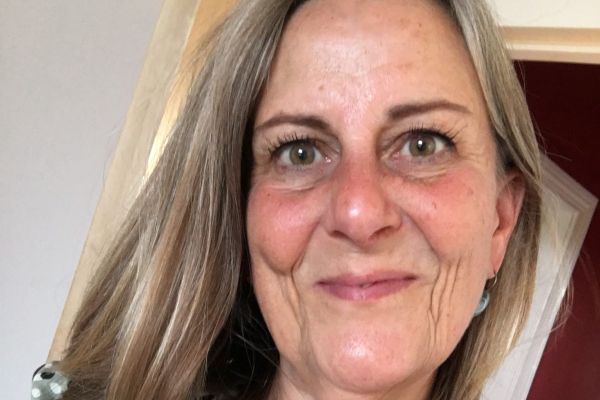Why do you think the framework is important?
As a practising counsellor I have a particular passion for making the profession better for the next generation of counsellors, which includes helping to provide them with clearer progression routes. I think the framework will help to distinguish highly trained and qualified counsellors, from those who undertake less robust or ethical training. I believe it’ll also help to provide clarity on the skills, training and experience required to work with the varying levels of clients who present to therapists seeking support. It’ll also enable therapists to work safely and within their limits of competency and proficiency, while also enabling them to more efficiently see clearer routes to market their level of services, either privately or within the employed sector. Finally, I think it’ll simultaneously provide clarity of service to the many counselling stakeholders that are out there, specifically clients and employers.
Do you support the aims of the framework?
Yes, I believe and support the incredibly challenging aims of the SCoPEd framework. I think we need to find a shared way of representing the therapeutic work that counsellors and psychotherapists do, while respecting our different traditions and practices, but which uphold common and shared practices.
What is your understanding of how the framework will benefit members?
I think a finalised framework once agreed and published, will provide clients and employers ease of clarity and access to the appropriate level of service. It should provide trainee counsellors with a clearer understanding of the varying training pathways available to achieve their needs and will allow the profession to promote itself and its members skills.
Are there any aspects of the framework you’re concerned about?
There are several aspects of the framework which I believe may cause significant challenge to achieve an agreed framework and buy-in from many diverse organisations and individuals.
I believe that columns A and B will apply to many practising counsellors and appear relevant and achievable. column C, however, offers some concerns, for example; achievement of a level seven qualification may be unattainable for many. Especially for those who have significant experience and relevant training from years of practice; the need of a level seven qualification could be a barrier to them in moving into column C. This potentially creates a counselling hierarchy of the educational elite and likewise, availability of relevant level seven training courses locally and regularly may also be a major barrier.
Some practising counsellors also perceive supervision as a route to understanding educational attainment and career growth relevant to the counselling profession and this doesn’t appear to fit within the framework. Therefore, I wonder if a column B counsellor took a level seven supervision qualification, would this still permit them to be a column C counsellor within the framework? When you explore the other competences required for column C I would suggest it doesn’t.
There are many other challenges in SCoPEd seeking agreement of course and many have already been examined and amended. I believe the process of communication has been interactive and consistent but ultimately I believe the process will take significant time and consultation. Saying that, I wholly support this initiative which aims to provide counsellors, clients, employers and other stakeholders with a clear map which establishes the competences and experience of therapists they are employing or working with. This, I believe, will result in a safer place for clients that have diverse needs and who access therapy in many different settings.
Read more...

Jill Whittingham: Why I support SCoPEd
“I’m constantly surprised at the differences between courses"

Liz Venn: Why I support SCoPEd
“The framework will help support and benefit members by giving each level its own core value system”

Why I support SCoPEd
Members tell us why they’re in support of the SCoPEd framework
Views expressed in this article are the views of the writer and not necessarily the views of BACP. Publication does not imply endorsement of the writer’s views. Reasonable care has been taken to avoid errors but no liability will be accepted for any errors that may occur.
